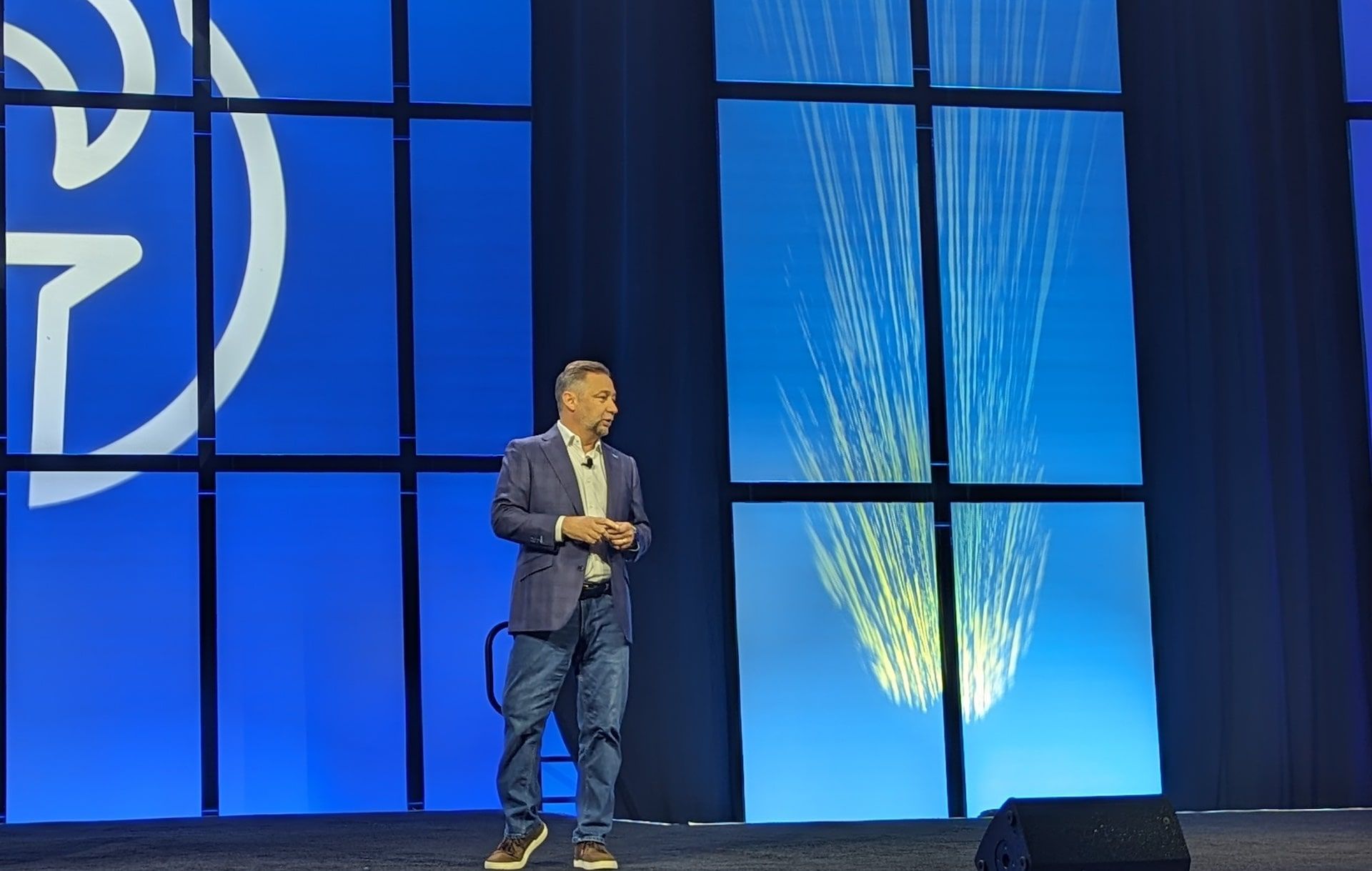Google Cloud is laying off dozens of employees focused on cloud support, Business Insider reported. The Google job cuts are part of an overall reorganization that includes shifting some support responsibilities to third-party vendors, the report said.
Ironically, the job cuts arrived just before Google Cloud announced plans to acquire Mandiant for $5.4 billion. That acquisition coupled with the job cuts and support reorg could provide opportunities for MSPs that offer public cloud support, monitoring, management and security services to end-customers, ChannelE2E believes. Moreover, the cuts may reinforce an investor mindset shift from revenue growth to profit growth and profit margins.
Among the Google Cloud layoff details from Business Insider, the cuts:
This is the second time that Google has cut cloud jobs since 2020. A Google spokesperson didn't directly address the 2022 job cuts, but told Business Insider that the company was working to assure customers that it had the right people, partners, and systems in place for support and growth.
Related: See all technology industry company layoffs listed here.
Google Cloud: Growing But Losing Money
While job cuts are certainly painful for those involved, the Google Cloud layoffs represent a small percentage of staff compared to the division's overall headcount. Indeed, the Google Cloud organization had roughly 37,000 employees as of July 2021, according to Bloomberg. Translation: Google apparently has cut fewer than 0.2 percent of its cloud employees, quick math suggests.
Moreover, Google Cloud remains in growth mode -- generating $5.5 billion in revenue for Q4 of 2021. However, the results included operating losses of $890 million, Tech Crunch noted in February 2022.
In some ways, the Google Cloud moves appear somewhat similar to mid-2022 layoffs at Rackspace. At the time, Rackspace -- a multi-cloud MSP -- cut jobs in the United States in order to shift more support services to offshore facilities. Admittedly, Rackspace isn't growing nearly as rapidly as Google Cloud, and the Rackspace job cuts (10% of headcount) were far deeper than the Google talent trims this week.
Technology Investor Sentiment: Shifting From Growth to Profits?
Meanwhile, some leading technology investors are warning that the "growth at all costs" era has come to a close. Instead, investors are slowly shifting their focus from revenue momentum to fundamentals and profitability, Thoma Bravo CEO Orlando Bravo told CNBC in March 2022.
Thoma Bravo, a private equity firm, has ownership and/or investment stakes in such MSP-focused software companies as Barracuda Networks, ConnectWise, N-able and Sophos, among many others.
ChannelE2E believes the shifting investor mindset -- from growth to profits -- may be at work at Hyperscience, an automation software startup that cut 25 percent of its staff in March 2022.
Google Cloud: Engaging MSP and MSSP Partners
Back in the cloud market, there Google job cuts and reorganization could provide opportunities for MSPs that offer public cloud migration, support, monitoring, management and security services to end-customers.
Indeed, many of the world's Top 250 Public Cloud MSPs now support Google Cloud Platform, though most of those MSPs focus more heavily on Amazon Web Services (AWS) and Microsoft Azure, according to ChannelE2E research.
Similar partner moves are under way in the MSSP market. Indeed, Google Cloud acquired Siemplify in January 2022. That move may pave the way for more managed security services providers to embrace Google Chronicle for SIEM (security information and event management) capabilities, MSSP Alert reported.
Google Cloud: Chasing AWS and Azure
Still, the Microsoft Azure and AWS teams also have growing relationships with MSSPs.
For instance, Microsoft continues to aggressively expand MISA — the Microsoft Intelligent Security Association. MISA is designed to drive software integrations and interactions between MSSPs and ISVs (independent software vendors) and Microsoft Azure Sentinel for cloud=based SIEM, among other areas of opportunity.
As of August 2021, MISA had 67 MSSP members that supported 165 managed security services as of August 2021. Furthermore, MISA reported that 176 ISVs delivered 259 integrations as of July 2021.
Somewhat similar to MISA, Amazon Web Services (AWS) in August 2021 introduced the Level 1 MSSP Competency for AWS Partners as it tries to foster new partnerships with MSSPs and ISVs. AWS Partners can earn this competency to deliver AWS security and monitoring as a fully managed service.
Story originally published March 4, 2022. Updated March 8, 2022 with Google acquiring Mandiant details.



